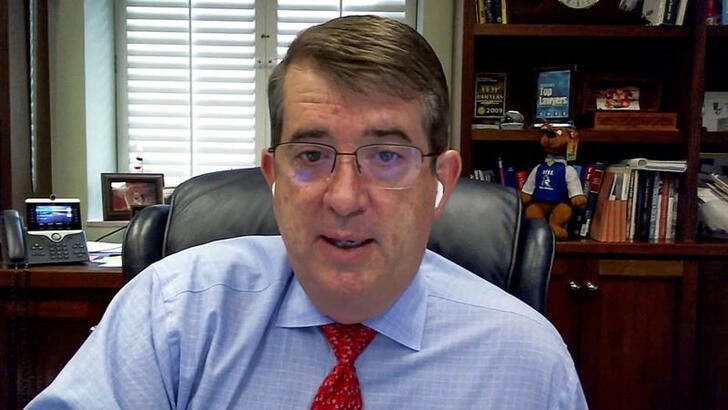The law being challenged is part of a decades-old “preemption” law approved by the Florida Legislature that prohibits local governments at the city or county level to pass measures stricter than those at the state level. The case the state Supreme Court is weighing will not affect the underlying 1987 preemption law.
“This is a legislative fire hose to put out a birthday candle,” said Edward G. Guedes, an attorney representing the plaintiffs trying to overturn the law.
The state’s high court considered the legal fight in the aftermath of a spate of mass shootings across the country, including one last month in Uvalde, Texas school that left 19 elementary students and two teachers dead, and another in Buffalo, N.Y. that claimed 10 lives. Those shootings and others spurred lawmakers across the country to again fight over how to restrict firearms in the country.
The Florida law was initially overturned in Leon County Circuit Court, but last year the 1st District Court of Appeals overturned that lower court ruling, which prompted Democratic Agriculture Commissioner Nikki Fried, who is also running for governor, and 30 local governments to appeal the decision to the Florida Supreme Court.
“We should be talking about how to save lives and prevent active shooter terrorist, but instead the state of Florida wants to punish local government and officials who pass gun safety measures,” Fried said in a statement. “Especially in a state that has seen some of the worst mass shootings in the history of our country, this law is dangerous, callous and completely backwards.”
Plaintiffs argue, in part, that the 2011 law violates legislative immunity, which is the legal principle that shields elected officials from being sued for actions taken in their official capacity. Guedes told justices that the state Legislature has the right to preempt the regulation of certain things, in this case, guns, but hitting local government or individual local officials goes too far, especially because the law in question includes “exceptions” that allow local lawmakers to pass firearm-related laws.
“The Legislature is not simply saying do not legislate this field, don’t legislate in respect to firearms or ammunition, because we preempted it and you can’t enact that,” Guedes said. “We get that. But then what happens is, in a scenario such as this statute where in fact [the law] opens the door to local legislators to legislate in certain areas related to firearms, then it says if you do so, by the way, you did not do it right, elected official, we are going to punish you with a fine that targets you individually.”
Chief Justice Charles T. Canady and justice John D. Couriel, however, appeared skeptical and both grilled Guedes.
Canady, who was appointed to the court in 2008 by then-Republican Gov. Charlie Crist, who is now running for governor as a Democrat, said the lawsuit was “mystifying” to him because Florida’s constitution allows state government to preempt the regulation of certain areas from local government.
“Our cases are very clear about the superiority of legislative power in this arena,” he said. “That’s why this whole case is sort of mystifying to me, because underlying what the Legislature has done is this express constitutional provision.”
Guedes, the attorney for the plaintiffs, responded that it comes down to ensuring that local governments have some degree of control over important issues impacting their community as, he argues, the state Constitution allows.
“Local democracy must be allowed to survive in our cities and our counties even at the expense of some legislative frustration,” he said.
Daniel Bell, an attorney representing the state, made only brief arguments. He said that the state has the ability to add penalties to existing laws, which is what lawmakers did in 2011.
“There’s no reason the Legislature wouldn’t be able to provide penalties for its statute just like any other statute,” he told the court.


